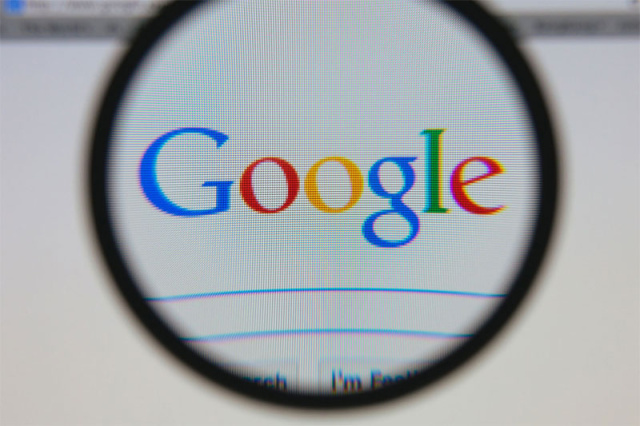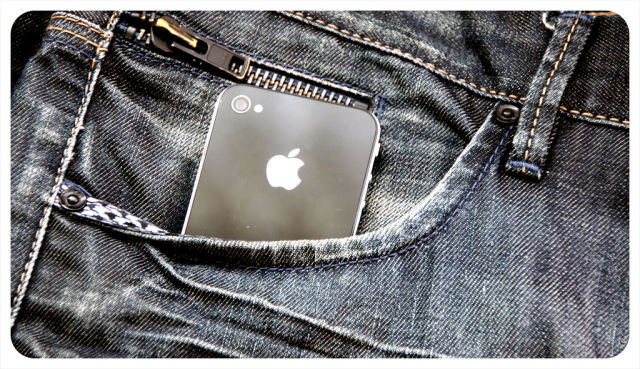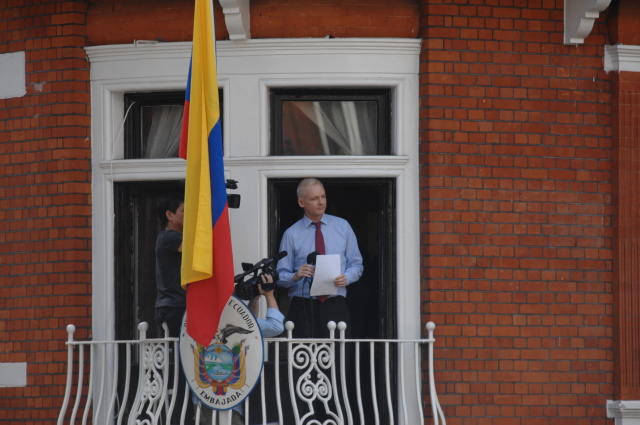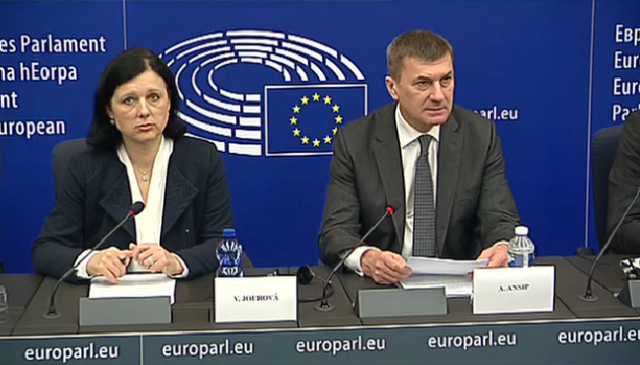
Google has won a High Court battle brought by StreetMap.EU Ltd, which had claimed in its lawsuit that the multinational's alleged search dominance had destroyed the UK-based online mapping company's business.
StreetMap alleged that Google's arrival in the online mapping market in 2007 was calamitous for the company. Its commercial director Kate Sutton told Ars that—at its height—StreetMap had a healthy turnover, five million users, and 20 staff members at its offices in Milton Keynes.
The British firm, founded in 1997, claimed StreetMap had been squished by Google when the multinational started displaying a map at the top of its search results. Google's map contained a thumbnail image directly generated from its own mapping service—known then as "Maps OneBox."








